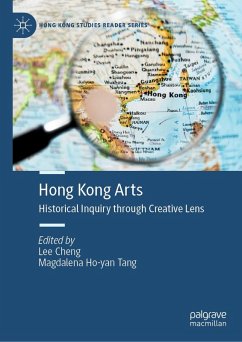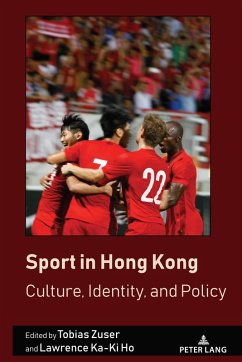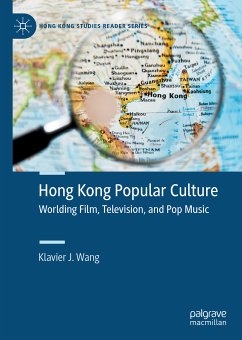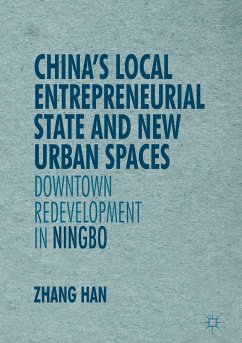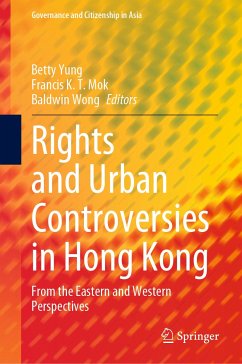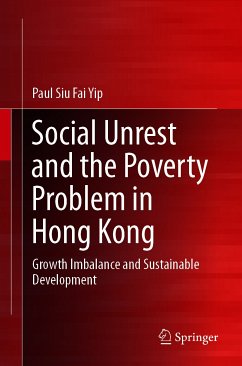
Labor and Class Identities in Hong Kong (eBook, PDF)
Class Processes in a Neoliberal Global City
Versandkostenfrei!
Sofort per Download lieferbar
40,95 €
inkl. MwSt.
Weitere Ausgaben:

PAYBACK Punkte
20 °P sammeln!
Based on numerous qualitative interviews, this cutting edge book investigates how Hong Kong's economic structure and neoliberal policies have contributed to class inequality in China's global city. Inspired by Bourdieu's approach to class, the author examines class stratification in education, works, and political attitudes and argues that the lack of explicit class identifications among the people does not imply irrelevance of class. Relying upon empirical field data to question the applicability of the reflexive modernization theory, the text debates whether individualization makes class a r...
Based on numerous qualitative interviews, this cutting edge book investigates how Hong Kong's economic structure and neoliberal policies have contributed to class inequality in China's global city. Inspired by Bourdieu's approach to class, the author examines class stratification in education, works, and political attitudes and argues that the lack of explicit class identifications among the people does not imply irrelevance of class. Relying upon empirical field data to question the applicability of the reflexive modernization theory, the text debates whether individualization makes class a redundant concept in advanced capitalist societies.
Dieser Download kann aus rechtlichen Gründen nur mit Rechnungsadresse in A, B, BG, CY, CZ, D, DK, EW, E, FIN, F, GR, HR, H, IRL, I, LT, L, LR, M, NL, PL, P, R, S, SLO, SK ausgeliefert werden.




